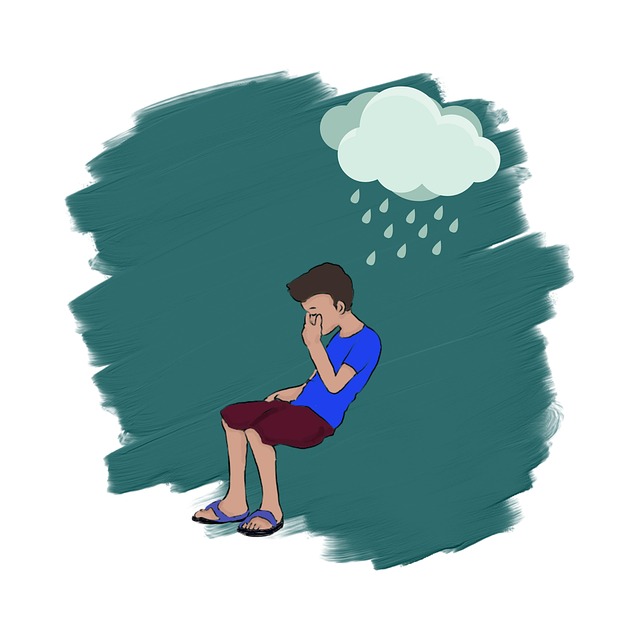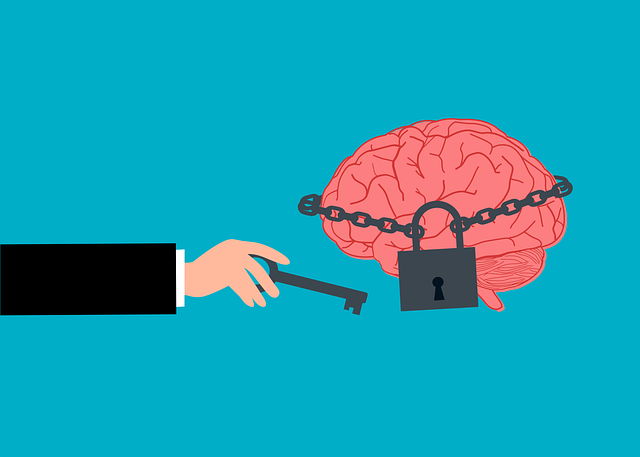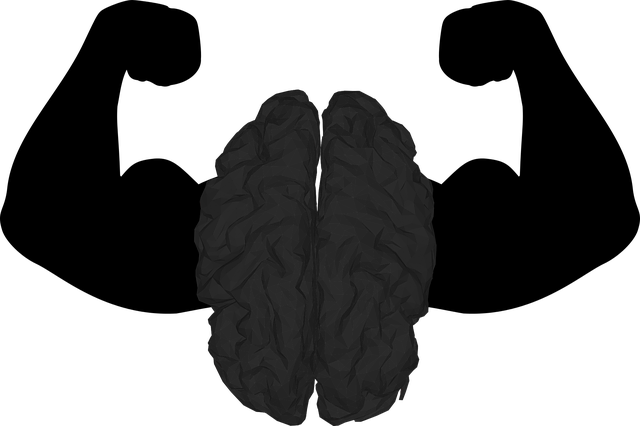Mental wellness apps targeting young adults (18-25) must address rising rates of functional neurological disorders (FND), anxiety, and depression due to academic pressures, financial instability, social media, and limited mental health services. Incorporating culturally sensitive practices and diverse perspectives is key for effective outcomes. Apps tailored for this demographic should offer accessible CBT therapy and interactive self-care features, fostering open dialogue and empowerment around mental wellness while supporting both patient recovery and healthcare provider burnout prevention. Ethical practices, user privacy, and customized treatment plans are crucial, with developers, providers, and cultural competency training collaborating to create inclusive digital therapy platforms.
In today’s digital age, mental wellness app development is revolutionizing therapy access, especially for young adults facing growing mental health challenges. This article explores the transformative power of technology in modern therapy, highlighting benefits and potential risks. We delve into specific considerations for apps aiding those with functional neurological disorders. Essential features for comprehensive mental wellness apps are outlined, along with ethical guidelines to protect user privacy. By understanding these aspects, we can foster effective digital therapy solutions tailored to young adults’ unique needs, such as managing Functional Neurological Disorder symptoms.
- Understanding Young Adult Mental Health Challenges: A Growing Concern
- The Role of Technology in Modern Therapy: Benefits and Potential
- Designing an App for Functional Neurological Disorder Support
- Essential Features for a Comprehensive Mental Wellness App
- Ethical Considerations and Ensuring User Privacy in Digital Therapy
Understanding Young Adult Mental Health Challenges: A Growing Concern

Mental wellness app development must grapple with a growing concern: understanding and addressing the unique mental health challenges faced by young adults. This demographic, often defined as individuals aged 18 to 25, is experiencing an increase in functional neurological disorders (FND), anxiety, depression, and other psychiatric conditions. Factors such as academic pressures, financial instability, social media exposure, and a lack of access to quality mental health services contribute to these rising rates.
Young adults also navigate a world where cultural sensitivity in mental healthcare practice is paramount. Recognizing and incorporating diverse perspectives and self-care practices into treatment plans can significantly improve outcomes. By understanding the nuances of mental health awareness within different communities, therapists and app developers can create inclusive solutions that cater to the specific needs of young adults, fostering a culture of open dialogue and empowerment around mental wellness.
The Role of Technology in Modern Therapy: Benefits and Potential

Technology has revolutionized therapy, providing innovative tools for modern mental health treatment, especially among young adults. Apps designed for therapeutic purposes offer accessible and discrete support, catering to the unique needs of this demographic. By leveraging technology, therapists can now deliver evidence-based practices directly into users’ hands, promoting emotional well-being promotion techniques and boosting confidence in managing their mental health.
For individuals dealing with functional neurological disorders (FND), these digital interventions can be life-changing. FND often presents complex challenges for young adults, but technology provides a means to navigate these complexities. Through interactive features and personalized content, mental wellness apps create engaging environments that encourage users to actively participate in their therapy, fostering better mental health awareness and self-management skills.
Designing an App for Functional Neurological Disorder Support

Developing an app to support young adults with Functional Neurological Disorders (FND) requires a nuanced understanding of their unique challenges. These disorders, often characterized by persistent symptoms like tremors, sensory issues, and cognitive impairments, demand tailored interventions. The app should offer accessible therapy options, such as cognitive-behavioral therapy (CBT), which has proven effective in managing FND symptoms. By incorporating interactive features, users can engage in self-care routine development for better mental health, a crucial aspect of their recovery journey.
In addition to therapy, the app can address burnout prevention strategies for healthcare providers involved in FND care. This dual focus—providing support for patients while also supporting those who support them—not only enhances the overall effectiveness of the app but also contributes to stigma reduction efforts around mental illness.
Essential Features for a Comprehensive Mental Wellness App

A comprehensive mental wellness app should incorporate a range of essential features to cater to diverse user needs, particularly among young adults. Firstly, it must offer personalized therapy sessions tailored for common mental health challenges faced by this demographic, such as functional neurological disorders. These sessions can include interactive exercises for mood management, helping users track and regulate their emotions effectively.
Additionally, the app should facilitate access to trauma support services, providing resources and tools for processing and healing from past traumas. Stress reduction methods, like mindfulness techniques and guided meditations, are also crucial features that promote relaxation and mental clarity. By integrating these elements, the app becomes a valuable tool in empowering young adults to take control of their mental wellness.
Ethical Considerations and Ensuring User Privacy in Digital Therapy

In the realm of digital therapy, especially when targeting young adults with functional neurological disorders (FND), ethical considerations and user privacy are paramount. As mental wellness apps gain popularity, ensuring patient confidentiality and data security becomes a crucial aspect of responsible app development. Young adults seeking therapy for FND often require personalized treatment plans that incorporate innovative stress reduction methods and embrace the mind over matter principles central to cognitive behavioral therapy.
App developers must adhere to strict ethical guidelines and privacy regulations, such as obtaining informed consent from users before collecting personal data. Additionally, integrating robust security measures is essential to protect sensitive information shared during therapeutic sessions. Healthcare provider cultural competency training also plays a vital role in creating inclusive digital therapy platforms that cater to the diverse needs of this demographic, ensuring they receive culturally responsive care while maintaining strict user privacy.
Mental wellness app development plays a pivotal role in addressing the growing mental health challenges among young adults. By leveraging technology, these apps offer accessible and personalized therapy solutions, such as those tailored for individuals with functional neurological disorders. Essential features include mood tracking, mindfulness exercises, and evidence-based interventions. Ethical considerations, particularly user privacy, must be paramount to ensure trust and foster a safe digital therapeutic environment. As the field progresses, ongoing research will continue to enhance app effectiveness and expand access to quality mental health support for young adults.









